Mental Health Information
Marshland High School recognises the importance of providing an ethos and environment within school that will help all our students to feel safe, and secure; encourage them to talk openly, and enable them to feel confident that they will be listened to. There are also a number of sources of support for mental health if you are finding it hard to cope. The following will help:
- Routine. Humans tend to like routine. Our bodies appreciate it, and our minds can be calmed by the predictability of it.
- Eat Well. Try to keep a routine to mealtimes and choose foods that will nourish the mind and body. See www.nhs.uk/change4life for tips and ideas.
- Sleep well. Good quality sleep promotes emotional wellbeing, and helps your body stay healthy too. Try to keep a good bedtime routine throughout the week. If you are struggling with sleep, see: www.youngminds.org.uk/find-help/feelings-and-symptoms/sleep-problems for tips and advice.
- Keep active. Meaningful activity (doing things that you enjoy and/ or get a sense of achievement out of) is important for mental health. Schedule in some physical activity every day too.
- Keep learning. Learning is good for confidence and can reduce boredom. Plan learning into every day.
- Keep in touch with friends and family. Social distancing (i.e. reducing contact with other people) is recommended by the NHS and is very important at the moment. However, there are many ways to continue communication safely (e.g. share photos and messages through texts, calls, email or social media). Keeping in touch with friends and family will be good for your mental health as well as theirs.
- Stay informed, not overwhelmed. Whilst it is important to keep updated, it may feel worrying to be hearing so much about it. Notice urges to keep checking, and if you’re feeling overwhelmed perhaps restrict your use of social media/ the news and encourage alternative conversations with friends/ family.
Free workshops for parents and carers to support the emotional wellbeing of young people
Further information can be found at Norfolk and Suffolk NHS Foundation Trust:
Parent/Carer mental health workshops | Norfolk and Suffolk NHS
Sources of Support for your Mental Health
Shout: The UK's free, confidential, 24/7 mental health text service for young people | Shout 85258
The Matthew Project empowering young people and adults to overcome drugs, alcohol and mental health issues so they can live their lives more fully. They support young people and adults who:
- have problems with drugs or alcohol
- struggle with poor mental health
- face barriers to education, employment and training
- have family members who are isolated and impacted by others' drug and alcohol issues
Drug and alcohol recovery | The Matthew Project | England
Kooth provide free, safe and anonymous online support and counselling. The whole team are made up of friendly and experienced individuals who want to help you.

NHS
NSFT First Response
Urgent help for those experiencing a mental health crisis in Norfolk and Suffolk. Phone: 111 and select the mental health option.
Help in a crisis | Norfolk and Suffolk NHS
Support for People Aged 16-19 | Norfolk
NHS advice page
https://www.nhs.uk/using-the-nhs/nhs-services/mental-health-services/where-to-get-urgent-help-for-mental-health/
Suicide and Self-Harm

If you are (or know a young person) thinking of suicide, Papyrus offers confidential suicide prevention advice.
Calm Harm
https://calmharm.co.uk/
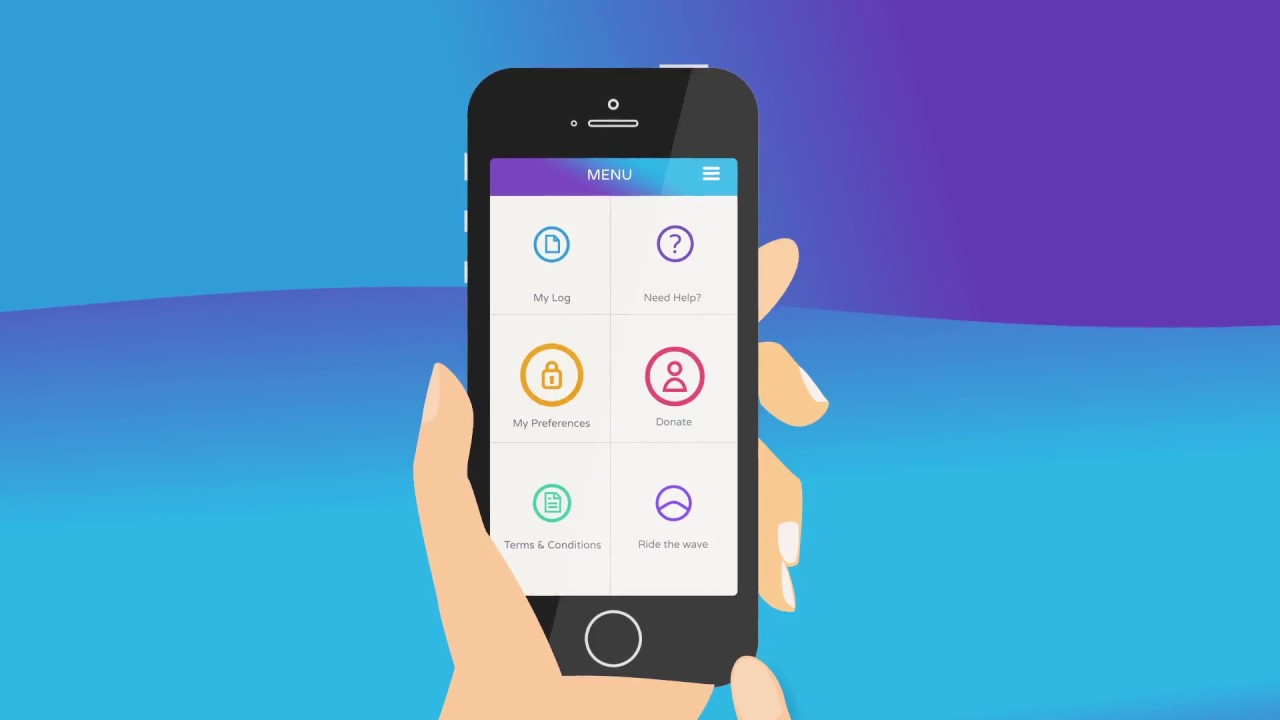
Reduce urges to self-harm and manage emotions in a more positive way.
Download from: Apple app store
Download from: Google Play store
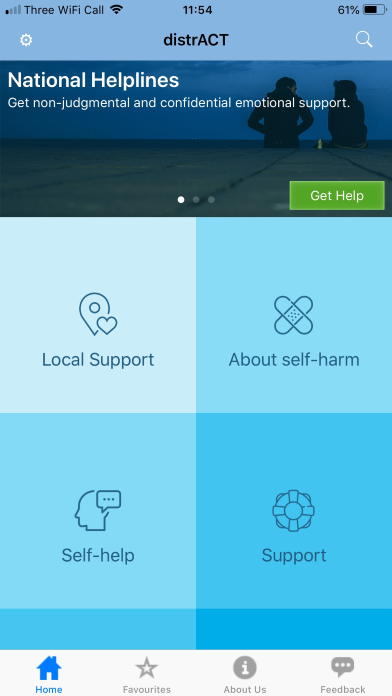
Quick and discreet access to information and advice about self-harm and suicidal thoughts.
Download from: Apple app store
Download from: Google Play store
Stay Alive
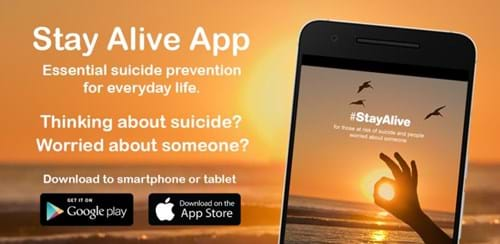
Suicide prevention resources, including your own safety plan and links to local and national crisis resources. Download from Apple app store or Google Play store
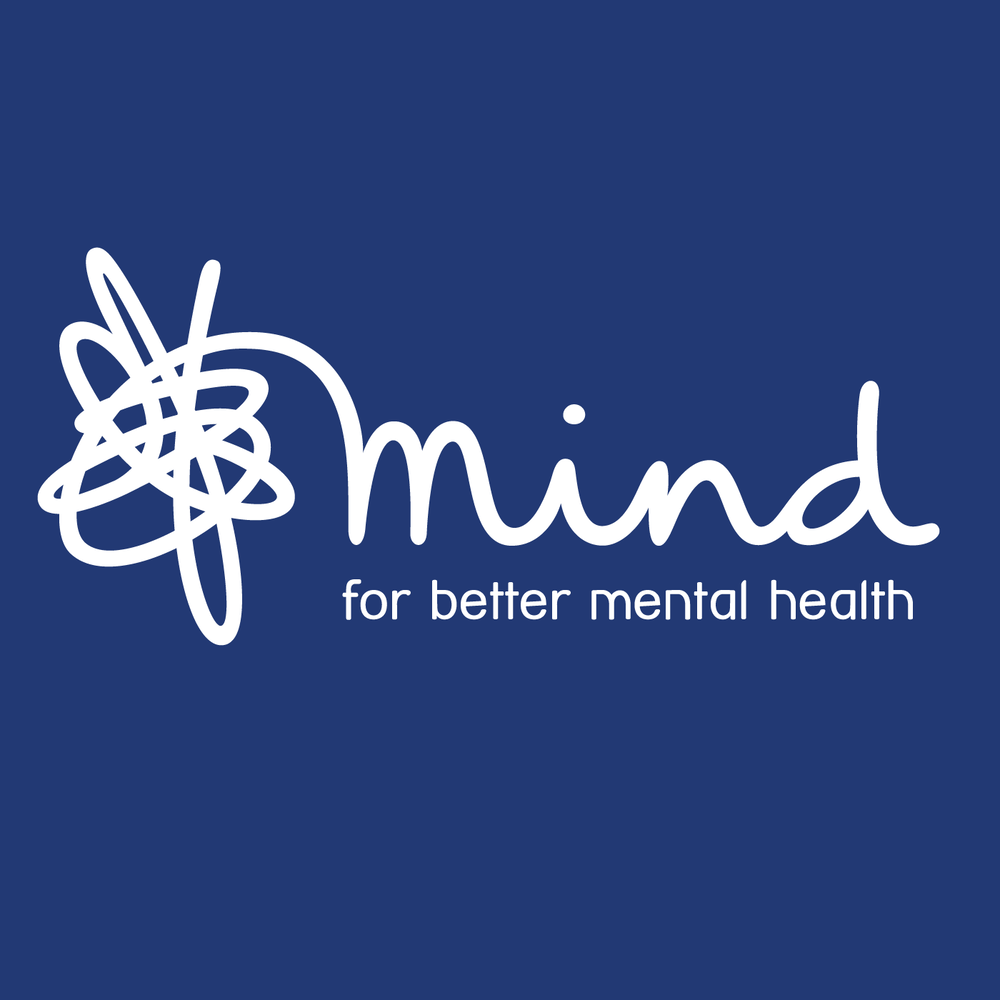
Phone: 0300 102 1234
Email info@mind.org.uk
If you need urgent help for someone else – click this link https://www.mind.org.uk/information-support/helping-someone-else/
If you need urgent help for yourself – click this link https://www.mind.org.uk/need-urgent-help/?ctaId=/need-urgent-help/using-this-tool/slices/using-this-tool/
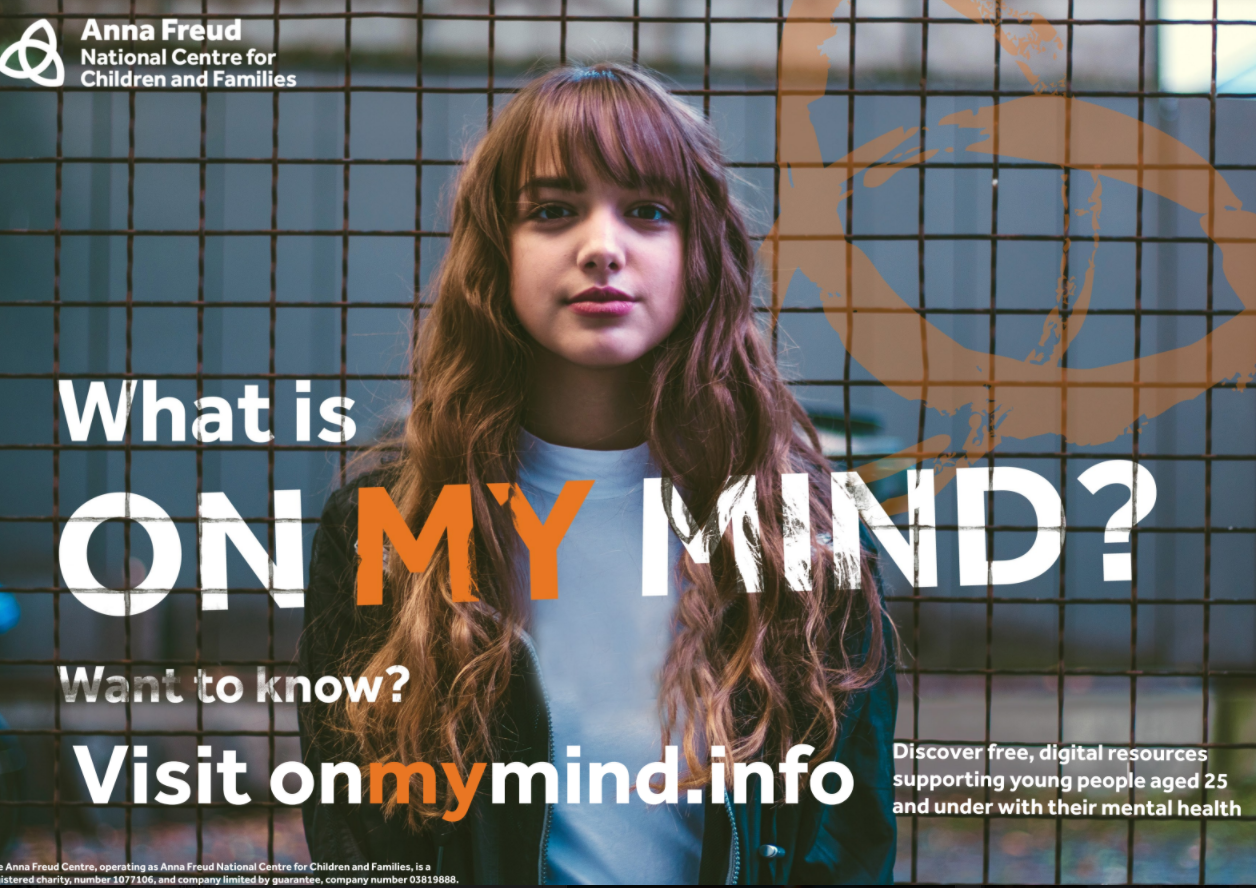
The Anna Freud Centre for Children & Families provides information, advice and resources for 10 – 25 year olds, including tools to manage your own wellbeing and signposting to support.
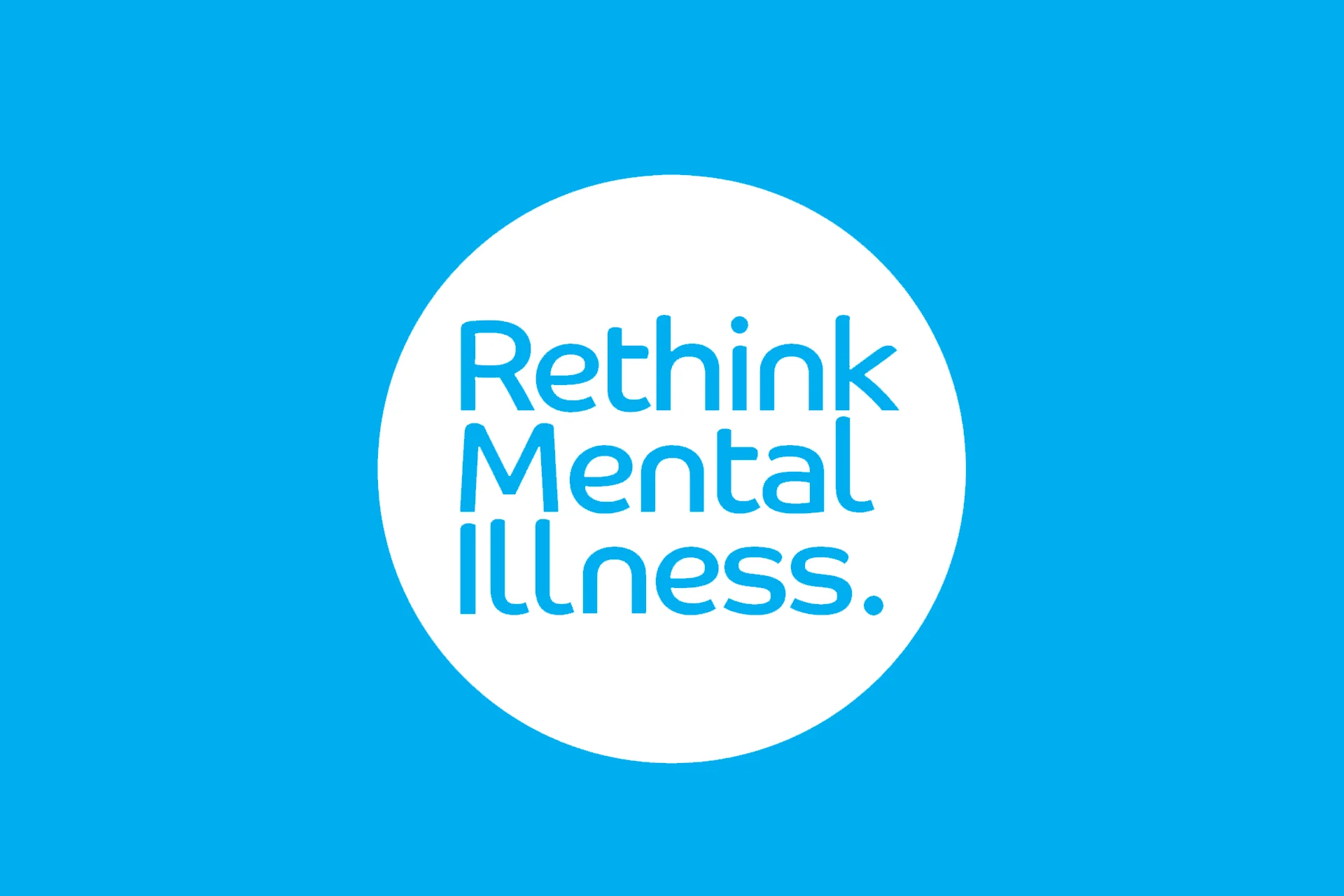
A leading charity provider of mental health services in England, for people living with mental illness, and those who care for them. Rethink aims to give expert advice, information, and around 200 services – everything from housing to community-based services.
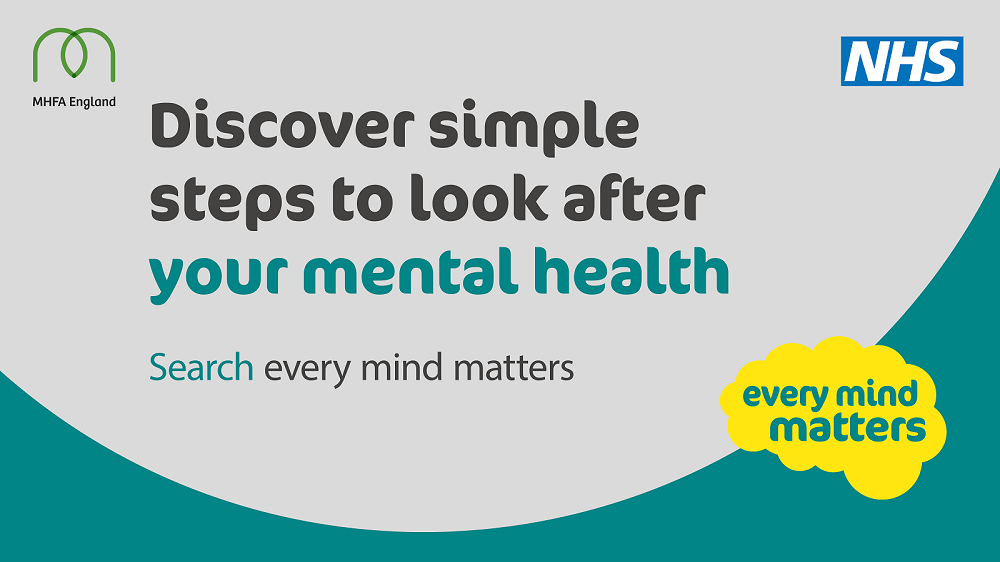
Every Mind Matters is evidence-based and it shows people how to build simple changes into their daily lives – such as reframing unhelpful thoughts, breathing exercises and increasing physical activity.
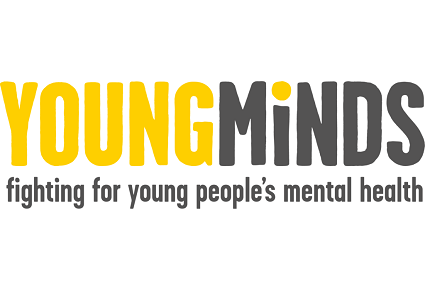
Young minds provide advice about mental health and behaviour problems in children and young people up to the age of 25. You can call the parents and carers helpline on 0808 802 5544.
Shout: The UK's free, confidential, 24/7 mental health text service for young people | Shout 85258

A free confidential helpline and online service that aims to find young people the best help, whatever the problem.
You can:
- access the online community
- If you’re under 25, The Mix is a support service helping young people take on challenges from mental health to money, from homelessness to finding a job, from break-ups to drugs.
- 1-2-1 Chat available on the website.

Shout provides free, confidential support, 24/7 via text for anyone at crisis anytime, anywhere.
You can:
- text SHOUT to 85258 in the UK to text with a trained Crisis Volunteer
- text with someone who is trained and will provide active listening and collaborative problem-solving
If you’re aged 11-25 and live in Norfolk, you can get free and confidential support, information and advice on issues such as housing, money and mental health.
Call: 0800 074 4454
Email: advice@map.uk.net
General Help
Childline https://www.childline.org.uk/ Phone: 0800 1111
ChildLine provides a helpline for any child with a problem. It comforts, advises and protects. You can contact Childline about anything. There are lots of different ways to get in touch and you can also get help from other young people through their site.
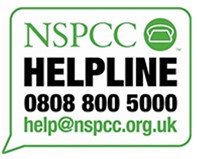
If you're worried about a child, even if you're unsure, contact our the NSPCC
Email: help@nspcc.org.uk.
Call us: 0808 800 5000
Domestic Violence Support
https://www.norfolk.gov.uk/safety/domestic-abuse/how-to-get-help/get-help-now
Refuge National Helpline 24hrs - 0808 2000 247
NIDAS 0300 561 0555 Norfolk Integrated Domestic Abuse Service
Norfolk Police - non-emergency - Call 101
Respect helpline for perpetrators - 0808 802 4040
Victim Support - 0808 1689 111
Men's Advice Line - 0808 801 0327
Leeway - 0300 561 0077 Residential services including short term emergency accommodation
Elder Abuse - 0808 808 8141
Galop - 0800 999 5428 for LGBT+ people who have experienced abuse and violence
If you or someone else is in immediate danger, please call 999 and ask for the police. If you are unable to speak you can use the
Silent Solution system - from a mobile phone: call 999 and then press 55. The operator will then put you through to the police. The police will try to communicate with you by asking simple yes or no questions. If you are not able to speak, listen carefully to the questions and instructions from the call handler so they can assess your call and arrange help if needed.
Young People & Alcohol - Children usually become aware of alcohol and drinking from an early age. This useful guide offers information and advice on the effects around young people consuming alcohol.
Online Safety
The internet, relationships and you
Information about staying safe when you’re on a phone, tablet or computer. Helping keep you safe online and offline for 11-18 year olds and 8 to 10 years.
Internet matters - for support for parents and carers to keep their children safe online
London Grid for Learning - for support for parents and carers to keep their children safe online
UK Safer Internet Centre - advice for parents and carers and to report and remove harmful online content
CEOP - for advice on making a report about online abuse
E-Safety - Older Children - NHS children and young people
General Health
Just One Number
https://www.justonenorfolk.nhs.uk/
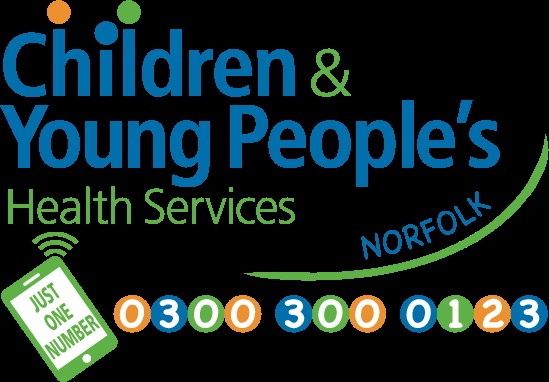
If you’re a Parent or Carer and need general advice you can:
Phone: Just One Number on 0300 300 0123
Text: Parentline on 07520 631590
Other Sources of Support if you live in Norfolk
Norfolk LGBTQ+ - If you are lesbian, gay, bisexual, transgender or queer (LGBTQ+) or in doubt of your sexuality or gender identity you can get advice, peer-support and information here. Visit: www.norfolklgbtproject.co.uk/
The Rose Project If you have been affected by child sexual exploitation, you can contact this dedicated team for help.
Norfolk Constabulary Call: 101 or in an emergency 999 - You can also report online.
Nelson's Journey If you’re under 18, live in Norfolk and have experienced the death of someone close to you, you can get support online or call: 01603 431788
Support for Everyone
iCaSH Free, confidential and easy to use routine sexual health screen. Simply order a kit and it is delivered to your door in plain packaging. Complete the test and pop it back to them freepost.
Ask Vicki Information on puberty and periods for teenagers.
BEAT If you have, or are worried you have, an eating disorder BEAT offers a helpline, online support groups, one to one webchat, further information and resources. One to one web chat, email and helpline available call 0808 801 0677.
Frank Honest information about drugs. Call: 0300 123 6600 Text: 82111 or live chat on the website.
